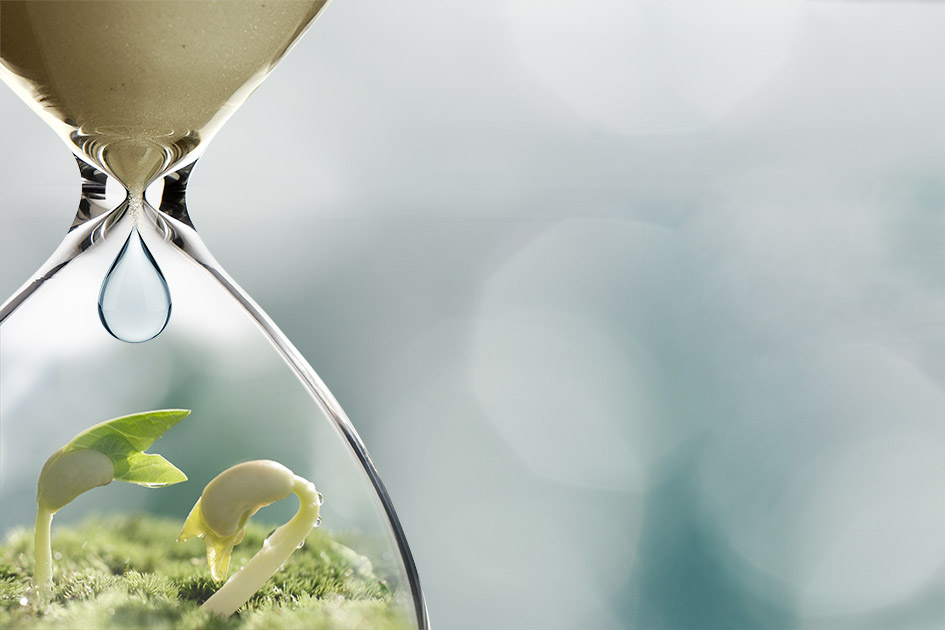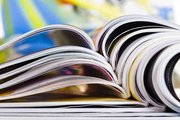Topics
Knowledgefor theTransformation
The transformation to a sustainable, low-carbon, resource-light society is an open search process. Research and education are key.
Science has to shape visions and developmental paths with politics, business and society as well as supporting and driving sustainable technical and social innovations. Educational processes, both analogue and digital, create problem awareness, train systemic thinking, and help to find guidance during complex transformation processes and develop corresponding competences. Today, we live in a "scientific society" where science has become an indispensable part of modern life.

The way science is conducted has significant impacts on our understanding of progress and our approach towards great ecological and societal challenges. Scientific processes are of tremendous relevance to modern knowledge societies.
Orientation in Complex Processes of Transformation
How we deal with societal transformation such as moving towards sustainable development is particularly important. These fundamental changes to our technological basis, our economic processes and their societal and cultural foundations need a special "transformative literacy". It enables us to orient ourselves in complex if not chaotic revolutions. Such literacy has to include technological, economic, institutional and cultural elements.
This means that information about social change processes is not only understood, but that this knowledge also leads to one's own actions being incorporated into these processes. However, driving transformation processes forward is not only a matter of extensive knowledge, but also of the ability to manage change. The transformation to a socially and ecologically fair world can succeed with the help of "Zukunftskunst" (future literacy). This refers to the ability to combine cultural change, smart politics, new economies, and innovative technologies. This is how the energy and mobility transition, the food transition, and sustainable change in cities become possible. It is a tremendous challenge – for both the science and the education system. The Wuppertal Institute contributes to such "transformative literacy" with its research. A major role is played by transdisciplinary research methods, which not only integrate knowledge from various disciplines, but also actively draw on the knowledge of actors in the knowledge processes.
Real-world laboratories, especially living labs, are another important approach taken by the Wuppertal Institute to understand and manage complex processes of change together with actors. Being skilled in actually implementing transformation becomes part of scientific practice. The Institute's real-world and living labs are located in Wuppertal, other nearby cities and within European consortiums.

Education for sustainable development means empowering people and society to competently orientate themselves within complex transformation processes and to shape changes and perfectly tailored sustainability solutions that are suitable for daily use in real life laboratories.
Topics
In the field of science and education and within the context of sustainability, the Wuppertal Institute deals with system challenges on all levels of the science and education sector:
News
Here you find up-to-date information on research findings and publications in the field of science & education.
News on the topic

Researching Real-World Labs and their Socio-Ecological Effects
GAIA special issue on real-world laboratory research published

Smart Energy Solutions for Africa
The SESA project published the "Sustainable Energy Solutions Catalogue"

Top 10 Publications of 2023
The ten best peer-reviewed publications of the Wuppertal Institute of the past year
Publi-cations
You find all scientific publications on our publication server:
Projects
The focus of research projects in the field of science & education lies on the mutual learning process. In the following you find selected sample projects. A complete list is available here.
